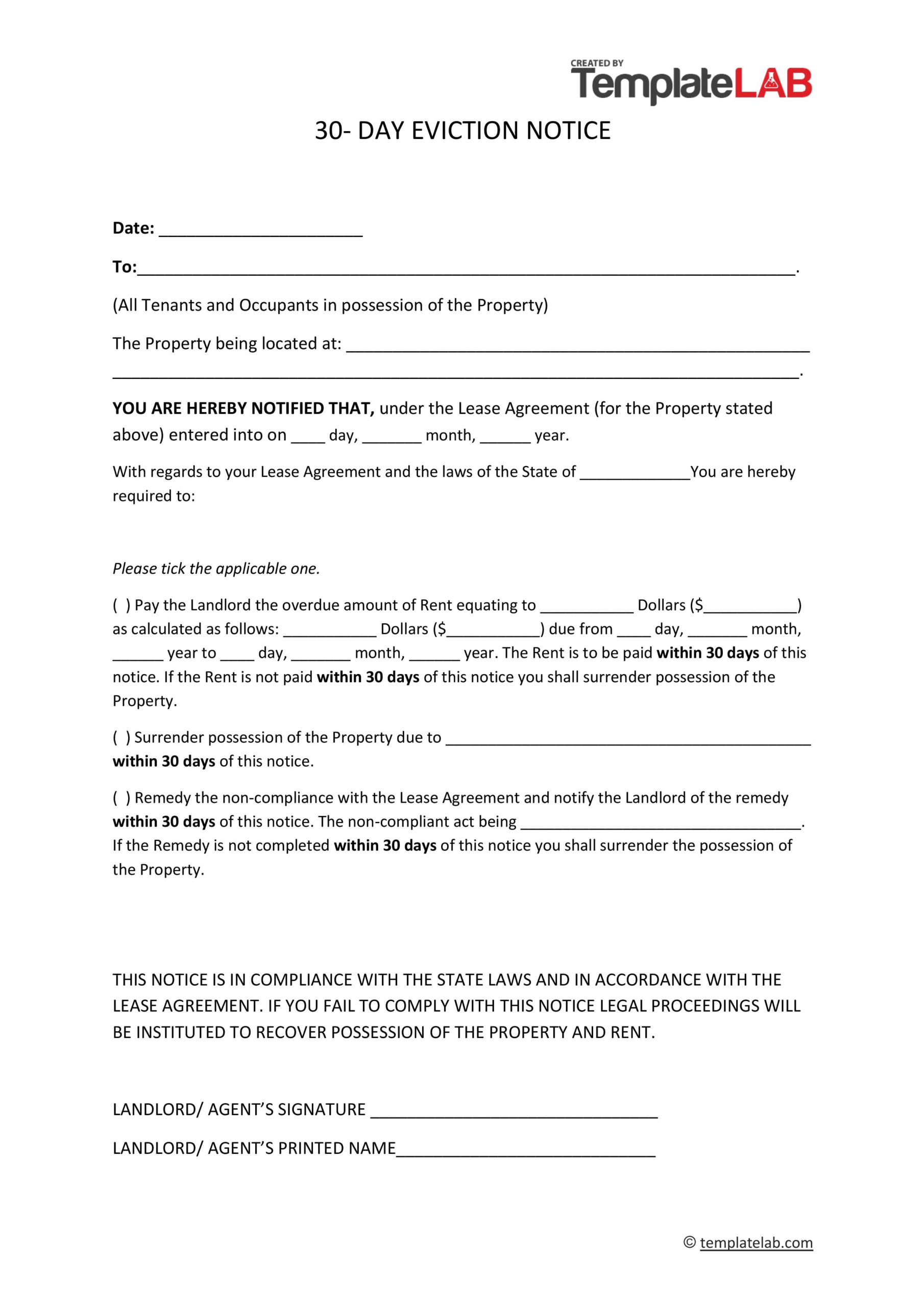5 Documents to Stop Eviction Immediately

If you're facing the unsettling prospect of eviction, taking swift action can be critical. Fortunately, there are several legal documents that can help you stop eviction or at least buy you some time to rectify the situation. Here's a comprehensive guide on what documents you should consider:
Understanding Eviction Procedures

Before diving into the documents, understanding the legal eviction process is crucial. Evictions typically follow these steps:
- Notice to Quit: This is a warning from your landlord stating their intent to evict you if certain conditions (like non-payment of rent) are not met.
- Court Proceedings: If you do not leave or rectify the issue, the landlord can file an eviction lawsuit, or “unlawful detainer” action.
- Eviction Hearing: Both you and the landlord present your cases in court.
- Judgement: The judge decides whether to issue an eviction order or not.
- Execution of Eviction: If eviction is granted, the sheriff or constable will physically remove you from the property if you do not vacate.
1. Notice of Acceptance to Pay Plan

If your eviction is due to non-payment of rent, an Acceptance to Pay Plan can be a lifesaver. This document outlines:
- The amount owed
- How it will be paid (one-time, installments, etc.)
- Deadlines for payments
💡 Note: Ensure any agreement is in writing, signed by both parties, to have a legal standing.
2. Motion to Stay Proceedings

A Motion to Stay Proceedings is a request to the court to halt the eviction process temporarily. Here’s when it might help:
- If you’re waiting on rental assistance
- If you’re seeking emergency housing assistance
- During a pending appeal of an eviction judgment
3. Motion for Relief from Judgment

If an eviction judgment has already been issued against you, a Motion for Relief from Judgment could:
- Delay eviction if you can show there were legal mistakes in the process
- Give you time to appeal
- Potentially reverse or set aside the judgment
4. Tenant’s Affidavit of Defense

With an Affidavit of Defense, tenants can:
- Provide a sworn statement of facts
- Contest the landlord’s claims
- Present evidence against eviction
5. Request for Continuance

When you need more time to prepare your defense:
- A Request for Continuance might delay the hearing
- Allows time to gather evidence or seek legal counsel
- Can be based on significant life events or issues with not receiving proper notice
Each of these documents serves to either halt or delay eviction proceedings, providing you with an opportunity to rectify the situation, gather support, or find alternative housing.
Wrapping up this discussion, navigating an eviction can be daunting, but with the right legal tools and knowledge, you can potentially halt or delay the process. Remember, legal recourse exists, and it's often wise to seek legal advice or representation to ensure you use these documents effectively. Educate yourself, take action, and know that there are paths available to potentially stay in your home or leave with dignity and the time to plan your next move.
What are the common reasons for eviction?

+
The most common reasons include non-payment of rent, violation of lease terms (like unauthorized pets or excessive noise), damaging the property, or the landlord’s desire to end the tenancy for redevelopment or personal use.
Can I negotiate with my landlord to avoid eviction?

+
Yes, negotiation can often prevent eviction. Discuss options like rent forgiveness, a payment plan, or time to find new housing. Always get agreements in writing.
Is seeking legal advice necessary when facing eviction?

+
While not always necessary, legal advice can be extremely beneficial. Eviction laws vary by jurisdiction, and a lawyer can provide insights into your rights, help with paperwork, and represent you in court.